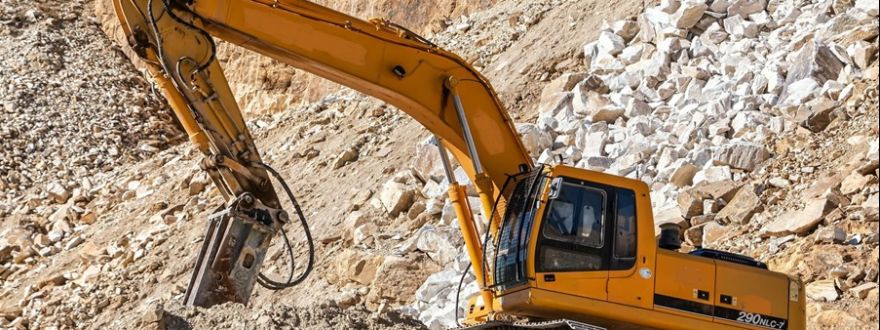
Excavation contractors play a vital role in the construction industry, preparing sites for buildings, roads, and infrastructure projects. However, their work comes with a unique set of risks that require specialized knowledge and safety measures. Understanding these risks can help contractors mitigate potential hazards and ensure a safer working environment.
1. Trench and Excavation Collapses
One of the most significant risks excavation contractors face is trench and excavation collapses. The instability of soil can lead to sudden cave-ins, which are often fatal. OSHA regulations require protective systems such as sloping, shoring, and shielding to prevent collapses. Ignoring these safety measures can lead to severe injuries or fatalities.
2. Utility Strikes
Excavation work often involves digging near underground utilities, including gas lines, electrical cables, and water pipes. Accidentally striking these utilities can lead to electrocution, gas leaks, flooding, or service disruptions. Contractors must follow "Call Before You Dig" requirements and use utility locators to identify and mark underground services before excavation begins.
3. Soil Instability and Erosion
The type and condition of the soil at a site can pose major risks. Loose or water-saturated soil can lead to ground instability, increasing the risk of collapses and landslides. Proper soil testing and reinforcement strategies, such as retaining walls and dewatering techniques, are essential to maintaining site stability.
4. Heavy Equipment Hazards
Excavation sites rely on heavy machinery such as bulldozers, backhoes, and excavators. The use of this equipment introduces risks of struck-by and caught-in accidents. Operators must be properly trained, and job sites should enforce strict safety protocols, including clear communication signals and designated pedestrian zones.
5. Exposure to Hazardous Materials
Excavation may uncover hazardous materials such as asbestos, lead, or contaminated soil. Exposure to these substances can pose significant health risks to workers. Proper hazard assessments, personal protective equipment (PPE), and disposal procedures are necessary to manage these risks safely.
6. Confined Space Risks
Certain excavation projects involve work in confined spaces, such as deep trenches or underground tunnels. These spaces may have poor ventilation, leading to oxygen deficiency or the accumulation of toxic gases. Contractors should conduct atmospheric testing and provide workers with appropriate respiratory protection and escape plans.
7. Weather-Related Challenges
Adverse weather conditions, including heavy rain, snow, and extreme temperatures, can complicate excavation projects. Rain can cause flooding and soil instability, while extreme cold can lead to frozen ground, making digging more difficult. Contractors must monitor weather conditions and adjust work plans accordingly.
8. Regulatory Compliance and Liability Risks
Excavation contractors must adhere to strict regulatory requirements at federal, state, and local levels. Non-compliance with OSHA regulations and environmental laws can result in hefty fines, legal liabilities, and project delays. Maintaining compliance through proper documentation, inspections, and safety training is crucial for avoiding legal complications.
Mitigating Risks
To minimize these risks, excavation contractors should:
-
Conduct thorough site assessments before starting work.
-
Train workers on safety procedures and emergency protocols.
-
Use protective systems for trenches and excavations.
-
Follow local utility locating procedures before digging.
-
Invest in high-quality PPE and safety equipment.
-
Stay updated on industry regulations and best practices.
By implementing proactive safety measures, excavation contractors can reduce the likelihood of accidents and ensure a safer, more efficient work environment.
Because these risks exist, building the right insurance package for excavation contractors in Texas & Louisiana is essential! Morgan Insurance Agency can help.








